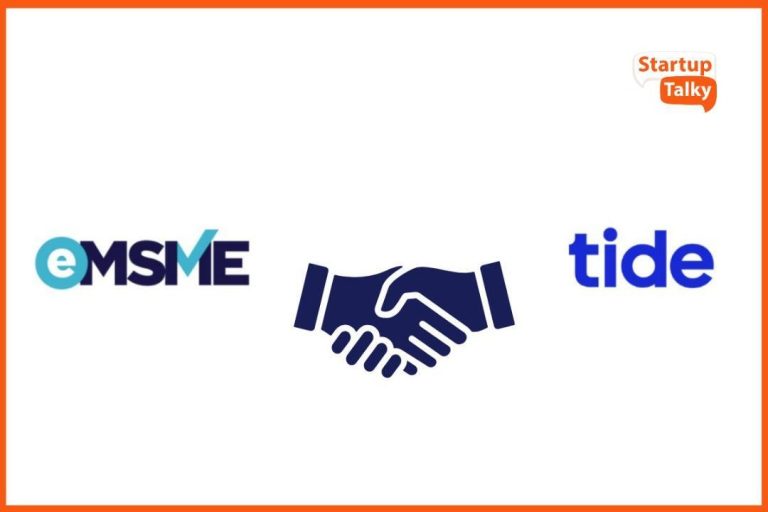
EQ, IQ & GQ, all important in business: Aman Gupta on BluSmart crisis
In the world of business, entrepreneurs and founders often focus on building a robust business strategy, developing innovative products and services, and expanding their customer base. However, in the words of Aman Gupta, co-founder of BoAt and a well-known entrepreneur, there are three crucial aspects that are often overlooked: Emotional Intelligence (EQ), Intelligence Quotient (IQ), and Governance Quotient (GQ). In a recent Instagram post, Gupta shared his thoughts on the crisis faced by BluSmart, a popular electric vehicle ride-hailing service, and emphasized the importance of these three quotients in business.
For those who may not be aware, BluSmart has been facing a tough time due to regulatory issues and compliance problems. In his Instagram post, Gupta acknowledged the challenges faced by the company, saying, “BluSmart situation is tough…But also a reality check for all of us in the ecosystem.” He then went on to emphasize the importance of compliance and ethics in business, stating, “For all founders, here’s the biggest takeaway: Compliance and ethics aren’t boxes to tick…They’re the foundation.”
Gupta’s words of wisdom are particularly relevant in today’s business landscape, where entrepreneurs and founders are often under immense pressure to meet targets, expand their customer base, and stay ahead of the competition. It’s easy to get caught up in the hustle and bustle of building a business, but neglecting compliance and ethics can have severe consequences.
So, what exactly is EQ, IQ, and GQ? And why are they so important in business?
Emotional Intelligence (EQ) refers to the ability to recognize and understand emotions in oneself and others. It’s the capacity to empathize with others, manage one’s own emotions, and maintain healthy relationships. In business, EQ is essential for building strong teams, resolving conflicts, and making effective decisions.
Intelligence Quotient (IQ), on the other hand, refers to a person’s cognitive abilities, such as problem-solving, reasoning, and learning. IQ is important in business because it enables entrepreneurs and founders to analyze complex data, develop innovative solutions, and make informed decisions.
Governance Quotient (GQ) is a relatively newer concept, but it’s gaining importance in today’s business landscape. GQ refers to a person’s ability to govern themselves, their organizations, and their relationships. It’s about understanding the rules and regulations that govern business, making ethical decisions, and ensuring compliance with laws and regulations.
In his Instagram post, Gupta emphasized the importance of EQ, IQ, and GQ, saying, “EQ, IQ & GQ sab important hote hai (EQ, IQ & GQ, all are important).” He’s right, of course. A business leader who lacks EQ may struggle to build strong relationships with their team members, customers, and investors. A business leader with high IQ but low GQ may be able to develop innovative solutions but neglect their ethical responsibilities.
So, how can entrepreneurs and founders develop these three quotients? Here are a few tips:
- Practice self-awareness: Take time to understand your emotions, strengths, and weaknesses. Recognize your limitations and be willing to learn from others.
- Develop your problem-solving skills: Engage in activities that challenge your cognitive abilities, such as puzzles, brain teasers, and strategic planning exercises.
- Learn about governance and compliance: Take courses or attend workshops that teach you about business laws, regulations, and ethics. Stay up-to-date with industry trends and best practices.
- Build strong relationships: Focus on building trust, empathy, and open communication with your team members, customers, and investors.
- Seek feedback: Ask for feedback from others and be willing to learn from your mistakes. Be open to constructive criticism and use it as an opportunity to grow.
In conclusion, EQ, IQ, and GQ are all important aspects of business leadership. Aman Gupta’s words of wisdom are a timely reminder that compliance and ethics are not just box-ticking exercises, but the foundation of a successful business. By developing these three quotients, entrepreneurs and founders can build strong teams, make informed decisions, and ensure the long-term success of their organizations.






